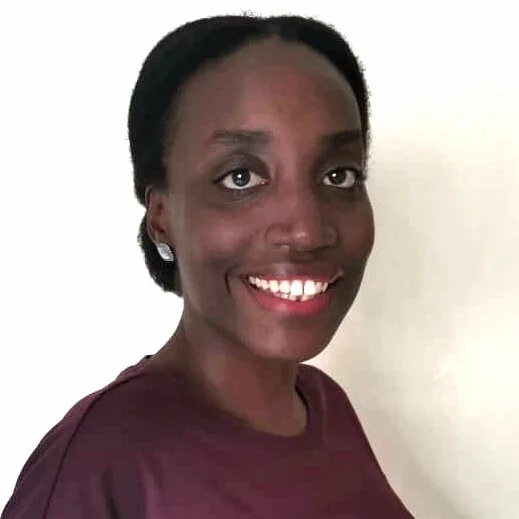Entrepreneurs are Problem Solvers
I have realized that to tackle these world scale problems, I do need an entrepreneurial mindset. This may not necessarily mean ideating and executing a business – it means being able to approach any problem and learning to understand it fully along with its root causes and determining the most efficient way to solve the issue
In the few months I’ve been here at Oxford, I feel like I’ve experienced 5 years' worth of experiences. Every day I interact with diverse sets of people, engage in a variety of conversations about topics I’m passionate about, so much that my viewpoints evolve almost daily. Someone recently asked me the last time I changed my mind and after thinking about it I realized that coming to Oxford has led me to be more open-minded than I thought I was, and being open to challenge is the only way I will be able to get the most out of this short year.
I can give an example of this process of continuous evolution. I had always viewed entrepreneurship simply as starting your own business. And as something that I was generally apprehensive about, I had decided that entrepreneurship was not really for me. Yet, I applied for the MBA because I wanted to be better equipped to tackle the challenges that I see in my community and implement solutions that actually positively impact people’s lives. Through my degree and the WHT Enterprise Challenge, I have realized that to tackle these world scale problems, I do need an entrepreneurial mindset. This may not necessarily mean ideating and executing a business – it means being able to approach any problem and learning to understand it fully along with its root causes and determining the most efficient way to solve the issue. I’m learning to think in terms of systems and not just singularly.
As an engineer, I was trained to solve problems linearly. Now I’m being exposed to a more global understanding of issues and systems. I can now better determine what to prioritize in order to chip away at the problem I want to solve. I saw this manifested recently in a documentary I watched called Bending the Arc, that follows the journey of a group of people as they patiently worked to improve public health systems in economically exploited countries. The dedication and follow-through it took to question the status-quo and attack the problem from all angles is something that inspired me to think bigger when tackling issues I’m passionate about.
Understanding systems holistically is a skill I am excited to practice as part of the Impact Lab and Map the System, programs offered by the Skoll Foundation. One of the most exciting parts about this year is that I get to practice these skills within the bubble of academia – where there are safety nets, and I can sharpen my skills. This will prepare me to apply these skills in any setting I find myself in where I am needed to tackle nuanced and integrated problems faced by my community.


